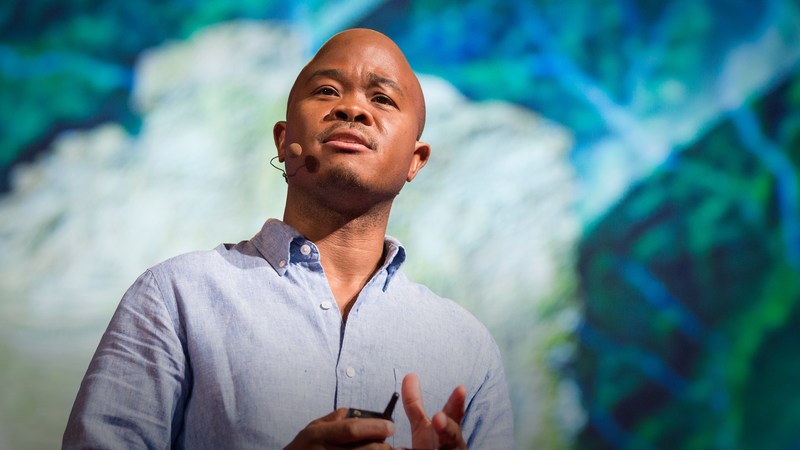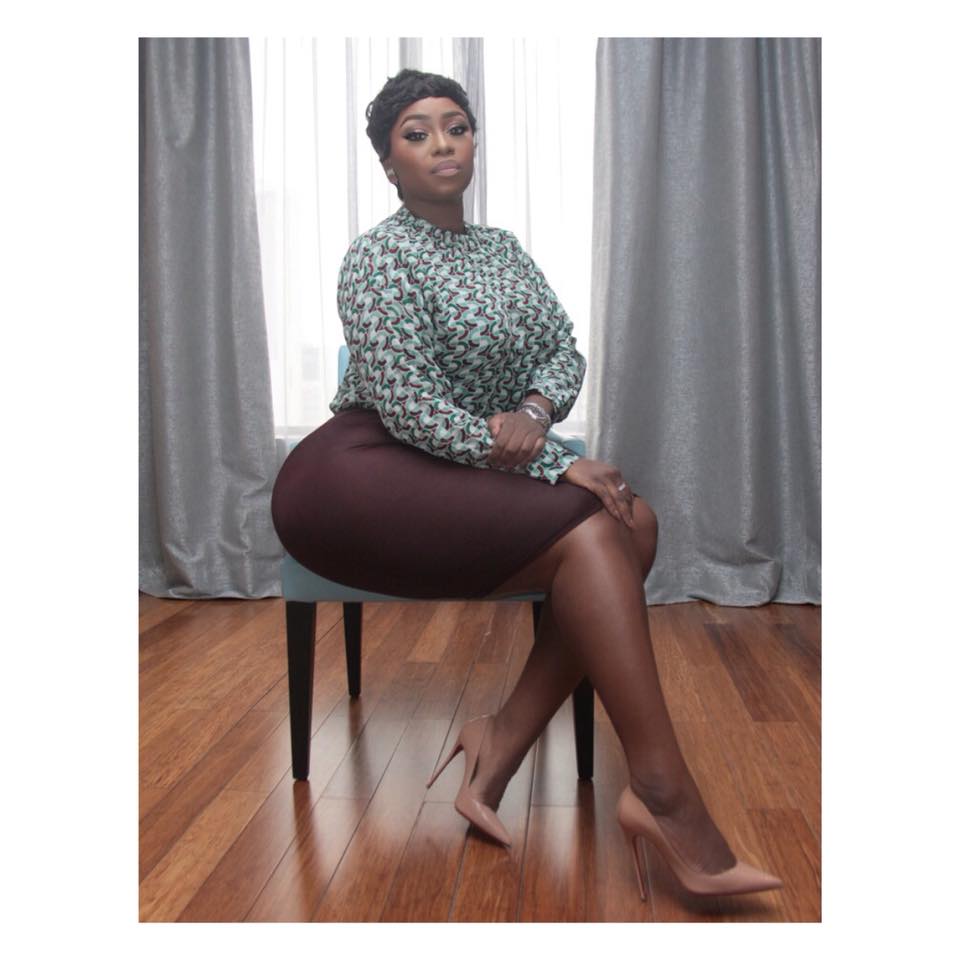When an athlete gets signed to a professional team, we focus on his or her skills/expertise and rarely expect to hear such athlete’s opinions on sociopolitical issues. The same holds for musicians, and other creatives. In fact, many get upset when these aforementioned personalities air their sociopolitical views. In contrast, when a famous Nigerian novelist articulates her feelings on sociopolitical issues, we don’t question her authority/knowledge/experience to speak on the subject matters. On the contrary, we place her on a pedestal, idolize and clamor to hear her every word only to be disappointed when statements she makes does not validate our beliefs. This practice is unhealthy and must stop.
Specifically, my reference is to the recent uproar by many Africans, particularly Nigerians, over the statements by Chimamanda Ngozi Adichie regarding chivalry.
Adichie was a recent guest on the Trevor Noah Daily Show where she shared her views on feminism, men being on board with the feminist movement, Hillary Clinton’s Twitter bio, and her book, “Dear Ijeawele, or a Feminist Manifesto in Fifteen Suggestions”. Adichie also shared her views on chivalry. In relevant part, when Noah asked about what she thought about a woman who defined herself as a feminist but still wanted her man to open the door for her, she said:
“I think gestures like holding the door shouldn’t be gender. I think it is a lovely thing to hold the door but we should open the door for everyone. I hold the door for men and women. I think the idea of sort of holding the door for a woman because she is a woman, I have trouble with, I’m quite happy for people to hold the door for me I hope they are not doing for the sort of idea of chivalry because chivalry is really about the idea that women are somehow weak and need protecting but we know that there many women who are stronger than men. So I think the people we should protect are people who are weak, whether men or women…”
Following her appearance and statements, Nigerians, particularly, have responded with many critiquing her statements. Indeed, it is not the first time Adichie has been at the center of controversy. In fact, she seems to be in many controversies lately within and outside the African community.
It is my belief that part of why Adichie seems to be so controversial is primarily because many have placed her on a pedestal. Adichie is not God/or a god. She is simply a woman with the gift of writing and speaking, and whose opinions, when examined carefully, shows someone learning, evolving, finding and refining her iden†ity/voice.
To me, currently, Adichie has a predefined notion of what a strong independent “feminist” woman looks like, that is limiting, and fails to realize how truly powerful women are. This, to me, is a direct result of the ongoing journey to her true self-identity that is often hidden/masked in her brilliant works, speeches, accolades and public praises.
Therefore, in my view, it is imperative that when reading or evaluating Adichie’s social commentary on a wide variety of issues, we learn to separate her work as a novelist from her knowledge, experience, authority, and opinions on the issues she speaks on. I think this is particularly so because Adichie’s social commentary, explicitly and implicitly, clearly begs to be left with the room to explore and refine her voice. Adichie, to me, is a person who continues to try to understand her identity/voice as a woman, an Igbo woman, a Nigerian, a mother, a wife, a celebrity dealing with fame and its backlash, a woman trying to maintain and guard her mental health, and one who seeks to be understood in a truly authentic way. All of her pleas to be understood are clear, to me, in everything Adichie says and does publicly.
As to her comments on chivalry, I partly agree and disagree. I believe a man opening the door for a woman is a courteous thing to do and a sign of respect, and do not equate it in any form as him perceiving her as weaker. I, however, note that my observations are from a western and African viewpoint. There are or may in fact societies that view women as one to be protected, and where men may open doors simply because they view women as a weaker sex.
I do agree with Adichie that men and women should open the door for each other, in general. There is a lack of basic etiquette in today’s western society that I wish we could eliminate. It includes opening doors for each other. How often, these days, do people, in public spaces, open the door, don’t look behind them to see there are others right behind them, and if you are the unfortunate recipient of this lack of basic etiquette, you get hit with the door? It is all too common and we can all do better with common courtesy that has nothing to do with gender.
In the romantic context, I believe every man and woman can and should define their own romantic/ love language and the terms of engagement that works for their situations. It includes a man electing to open the door for his romantic interest. It’s the 21st century, isn’t it?
Adichie, to me, appears, to be going through an identity issue that struggles for her right to be free from restraints placed on her based solely on her gender. I get and understand that fight. What I hope is that as she evolves, we don’t idolize her and all she has to say simply because of her brilliant works or equate her commentary on social issues as definitive.
I also hope that Adichie, herself, doesn’t become deluded by drinking the kool-aid and buying into a celebrity deity worship culture. I believe, for her and others similarly situated, it is a quick way to take a hard fall and be forced to sit at the humility table, for a long time.
Equally important, I hope that we learn to have the courage to define our own lives on our own terms so we stop looking at fallible individuals like Adichie for guidance or as the authority on how we should live our lives.
-Ms. Uduak
Ms. Uduak is best known as an advocate who uses the tools of media and the law to help creatives and businesses clearly articulate their true brand identities, and communicate it to the world through their products and services, to maximize profits. She is a lawyer, speaker, author, journalist, and recognized thought leader, and trailblazer for her work on Africa’s emerging global fashion and entertainment markets, and the niche practice of fashion law in the United States. She is also the founder and publisher of Ladybrille® Magazine, and an Attorney and Partner at Ebitu Law Group, P.C, where her practice focuses on Fashion, Business, & Entertainment Law and Trials. For more information about her, visit www.msuduak.com.




